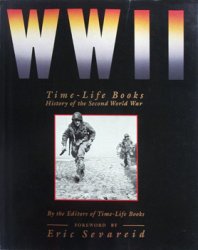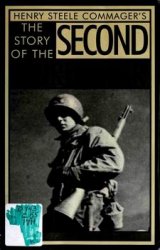The victors were not immune from unwelcome political change. Soon
after the end of the war, the British government found itself confronting a
determined movement for Irish independence. The London government
faced Irishmen embittered, not only by four years of wartime inaction in
response to Ireland's claim for home rule, but also by Britain's bloody
repression of the 1916 Easter uprising. Open hostilities between Irish rebels
and a specially formed and brutal British force—the "Black and Tans"
—
ordered to suppress them broke out in 1919 and stretched on for two years.
In 1921, Britain gave in, granting most of Ireland self-governing status as
the Irish Free State.
Both Britain and France sustained blows to the confidence of traditional
governing groups. The death at the Somme in 1916 of Raymond Asquith,
the son of the prime minister and broadly recognized as one of the rising
young men of his generation, illustrates the caliber of future leadership lost
in the conflict. As Trevor Wilson has noted, while all social groups in Britain
lost large numbers of men, fighting men from the peerage, from boarding
schools, and from Oxford and Cambridge universities—invariably serving
as officers—were two or sometimes three times as likely to be killed in
action as men from more modest backgrounds.6 In France as well, educated
members of the middle and upper middle class fell in heavily disproportionate
numbers. Prime Minister Neville Chamberlain of Britain, in the
appeasement era of the 1 930s, expressed the implications of such losses
when he asserted that the preservation of peace was essential, because
European civilization itself could not survive another such calamity.
In the short run, however, the massacre of those destined by birth and
education for leadership positions did not make itself felt in public affairs.
Both Britain and France returned to apparent stability in the 1920s under
mainly conservative governments. As historian Gordon Wright has noted:
"One effect of the conflict was to reassure Frenchmen about their government
system. ... it had survived and beaten the great autocracies and had
managed to turn up abler leadership than did the authoritarian regimes."
The deeper wounds to national stability and confidence, expressed in the
title of Gabriel Marcel's 1933 play, A Broken World, would appear, inflamed
by the Depression, in little more than a decade.
Disappointment and disillusion were soon in evidence in the United
States following the close of the war. For most Americans, continued
involvement in Europe's political affairs seemed pure folly, and the United
States quickly returned to a stance of isolationism. The fear that the United
States would again be drawn into a European conflict was expressed in the
neutrality legislation of the 1930s. The view that the United States could
stay out of Europe's quarrels prevailed among the American public until
Pearl Harbor. Even then, it took Hitler's declaration of war against the
United States on December 11, 1941, to swing American public opinion
behind participation in the European war.




 World History
World History









